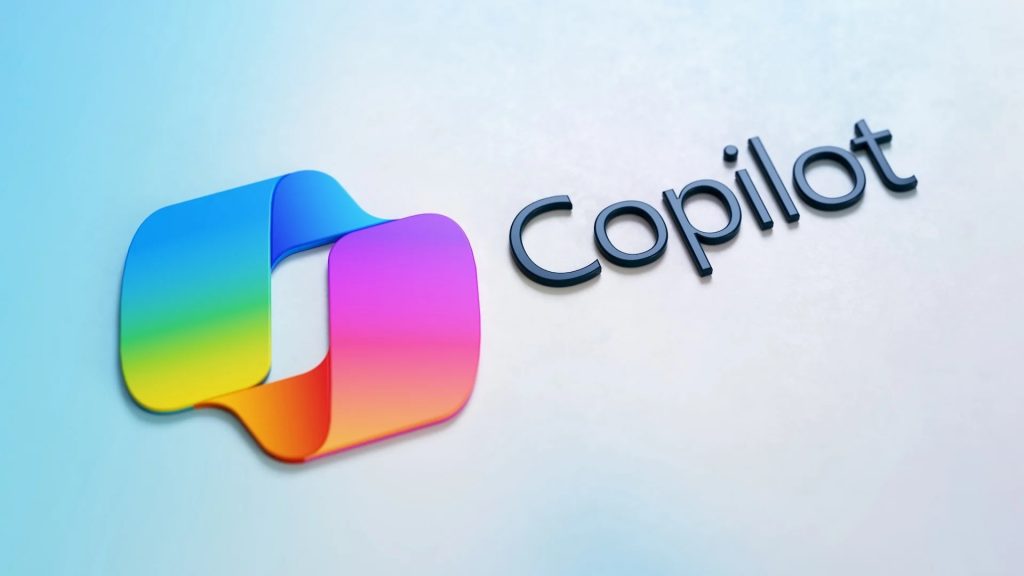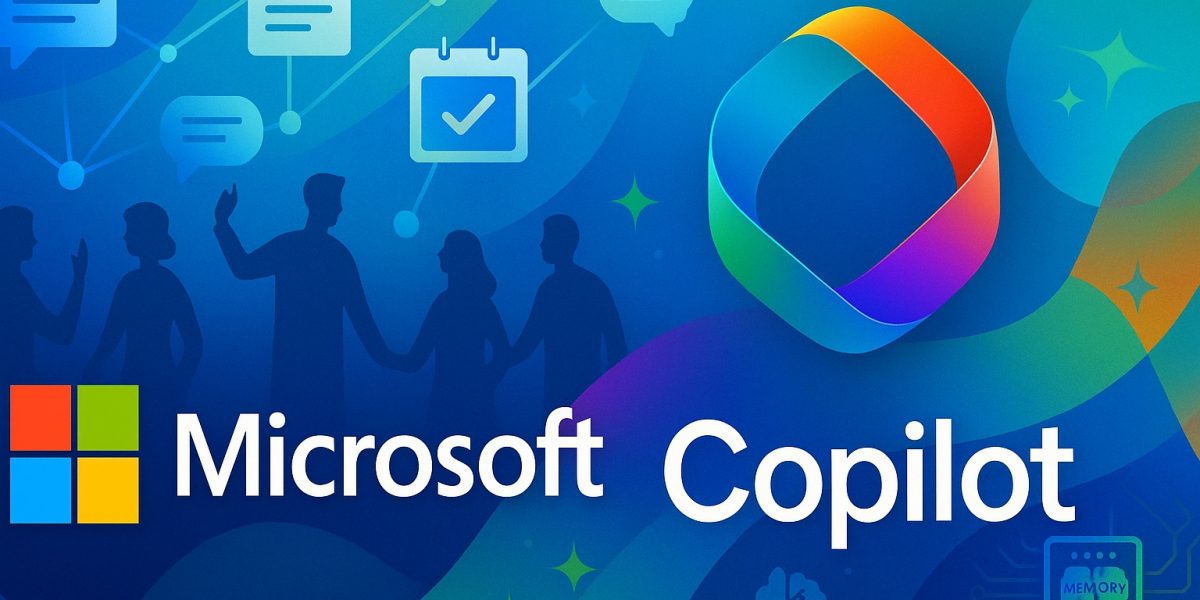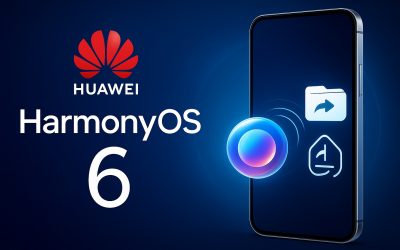Microsoft dropped its most substantial Copilot update yet on October 23, 2025, introducing 12 new features designed to transform the AI assistant from a solo productivity tool into a collaborative, human-centered platform. This fall release emphasizes AI’s social capabilities and long-term memory, representing a strategic shift toward more personalized and accessible artificial intelligence.
Groups Bring Real-Time Collaboration to Copilot
The update’s centerpiece is Groups, a feature letting up to 32 people work together simultaneously in a shared Copilot session. Participants can brainstorm, co-write, and plan while Copilot maintains context by summarizing discussions, tallying votes, and assigning tasks. This capability transforms Copilot from a personal assistant into a collective workspace, accessible through a simple shared link.
Alongside this social feature comes Miko, a new animated avatar serving as Copilot’s visual presence. This expressive, color-shifting “orb” responds to conversation and changes appearance based on user interaction. Named as a play on “Microsoft Copilot,” Miko embodies the company’s modern vision for character-based assistants, drawing comparisons to Microsoft Office’s legendary Clippy. Users can even turn Miko into Clippy by repeatedly clicking the character, acknowledging that nostalgic connection.

Memory That Persists and Connections That Expand
The update introduces long-term memory capabilities, allowing Copilot to remember important information like workout schedules, anniversaries, and personal goals across different conversations. Users maintain complete control over this feature, with the ability to edit or delete memories anytime. This persistent context reduces the need to repeat information in subsequent interactions.
Connectors expand Copilot’s reach through integration with external services, including OneDrive, Outlook, Gmail, Google Drive, and Google Calendar. Users can search documents, emails, and calendar events using natural language, with explicit consent required for data access. The integration demands user permission and maintains privacy protections throughout.
Specialized Tools for Health, Learning, and Browsing
Microsoft positions Copilot as a comprehensive life companion through specialized functions. Copilot for Healthcare delivers medical information grounded in authoritative sources like Harvard Health and helps users find doctors by specialty, location, and language preferences. Health-related features are currently available only in the United States.
Learn Live transforms Copilot into a Socratic tutor that guides users through concepts with questions, visual prompts, and an interactive whiteboard rather than simply providing direct answers. This educational approach targets exam preparation, language learning, and mastering new subjects.
Copilot mode in Edge turns the browser into an AI-powered companion that can analyze multiple open tabs, summarize information, and perform actions like booking hotels or filling forms—with user permission. The Journeys feature organizes browsing history into thematic storylines, letting users return to research sessions without retracing previous steps. These enhancements position Microsoft in direct competition with innovations like OpenAI’s recently announced Atlas browser.
The update reflects Microsoft AI CEO Mustafa Suleiman’s vision of “technology working for people,” emphasizing artificial intelligence that augments human potential rather than demanding attention. All features are currently rolling out across the United States, with expansion to the United Kingdom, Canada, and other regions expected in the coming weeks.




Post a comment